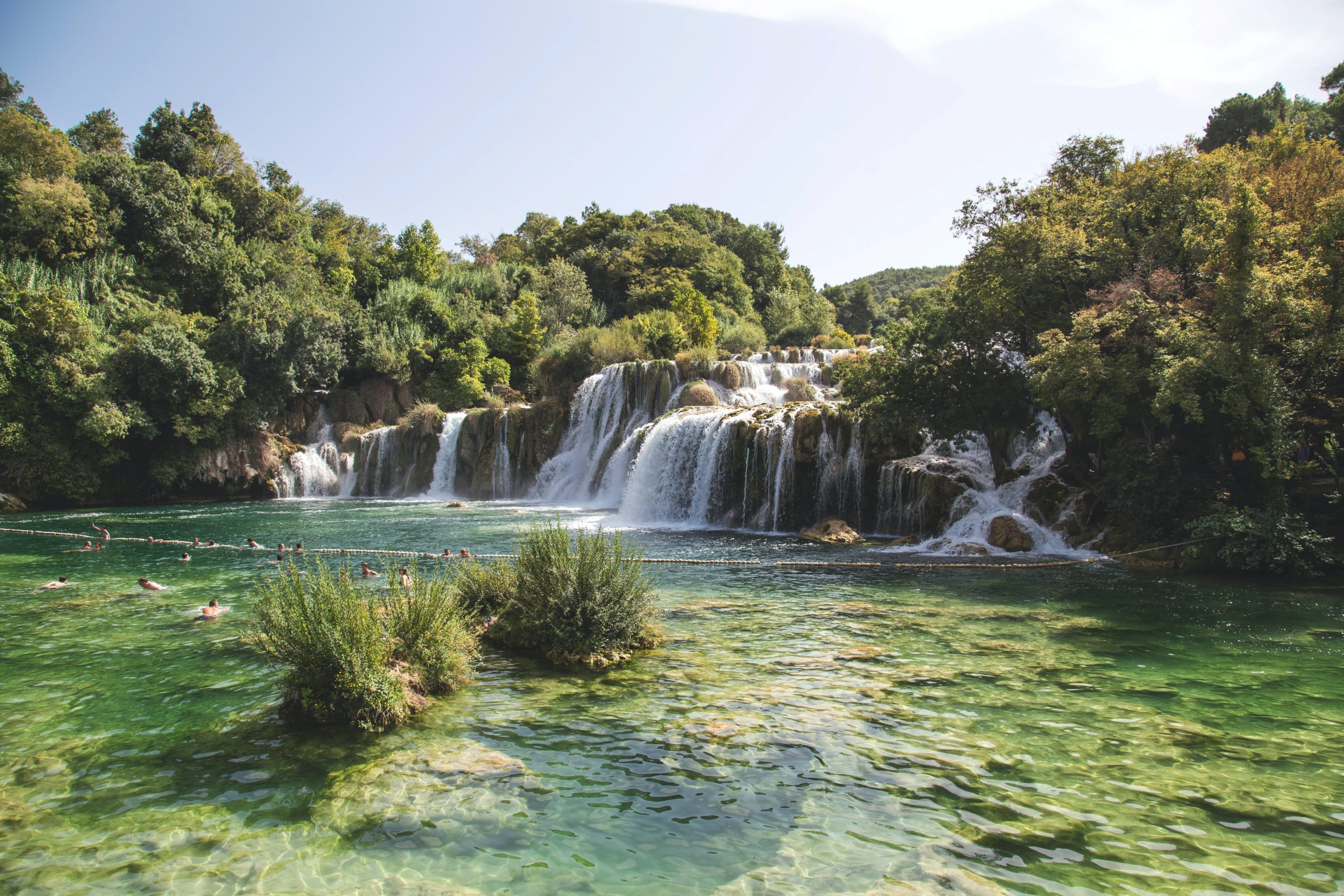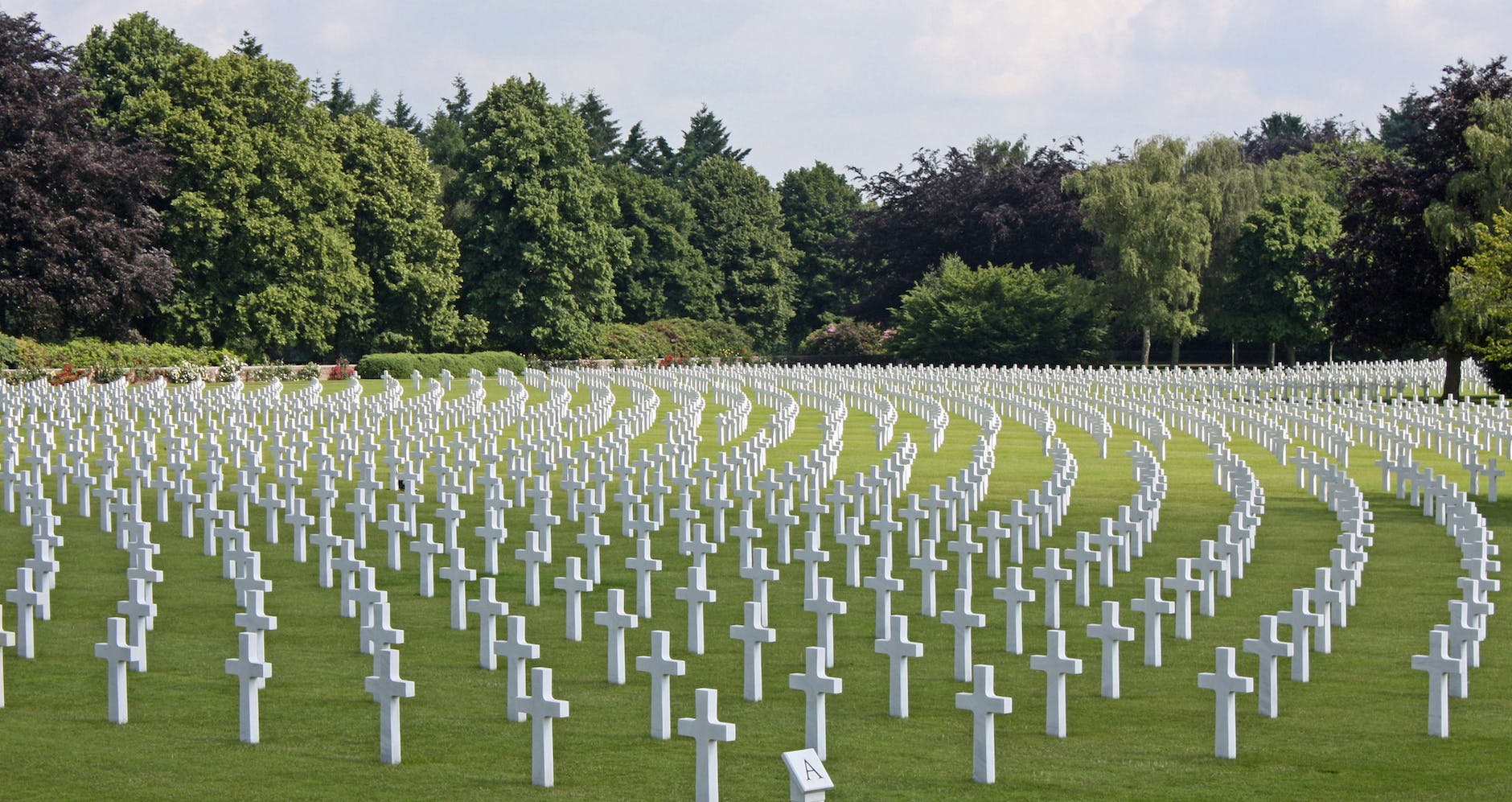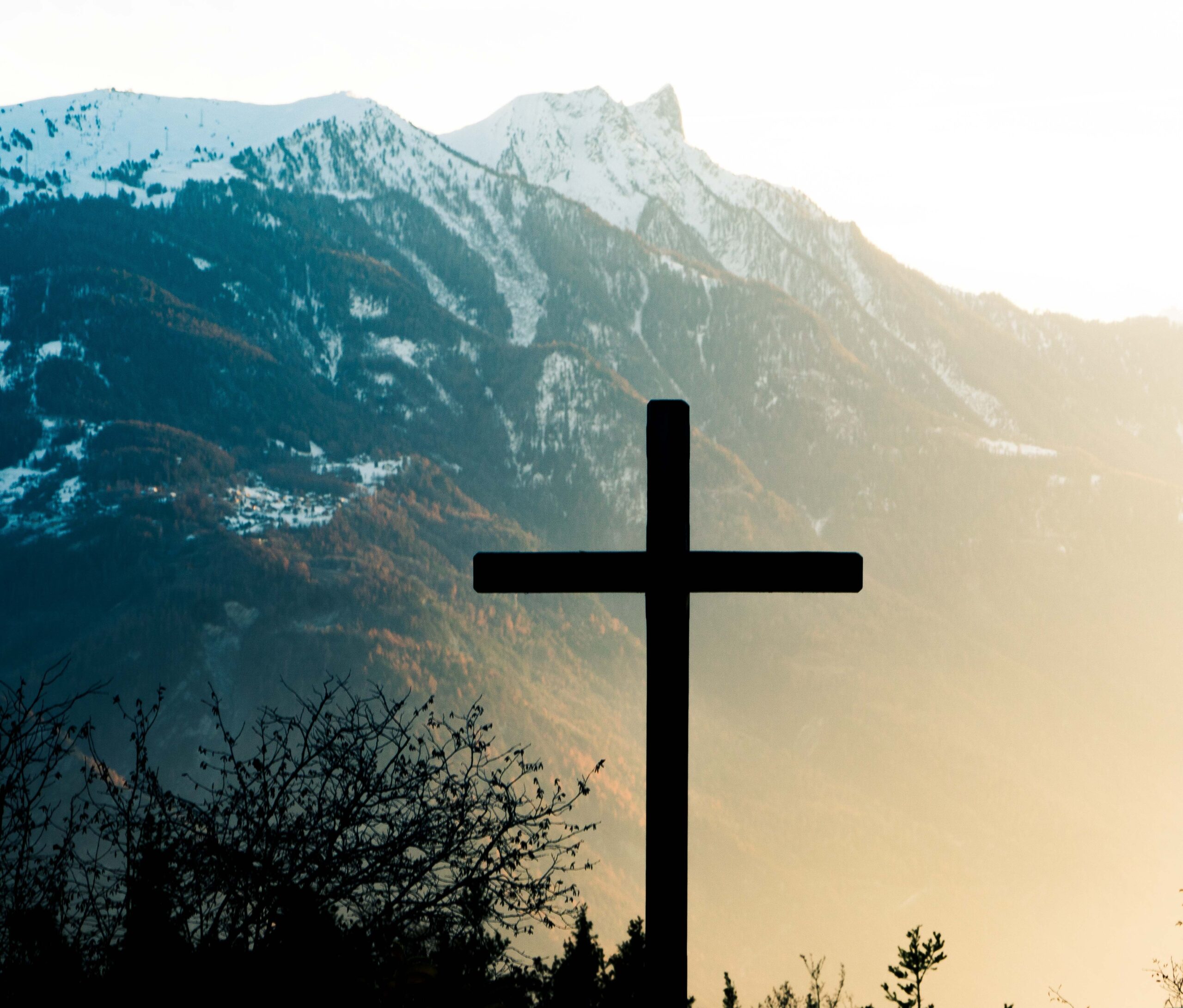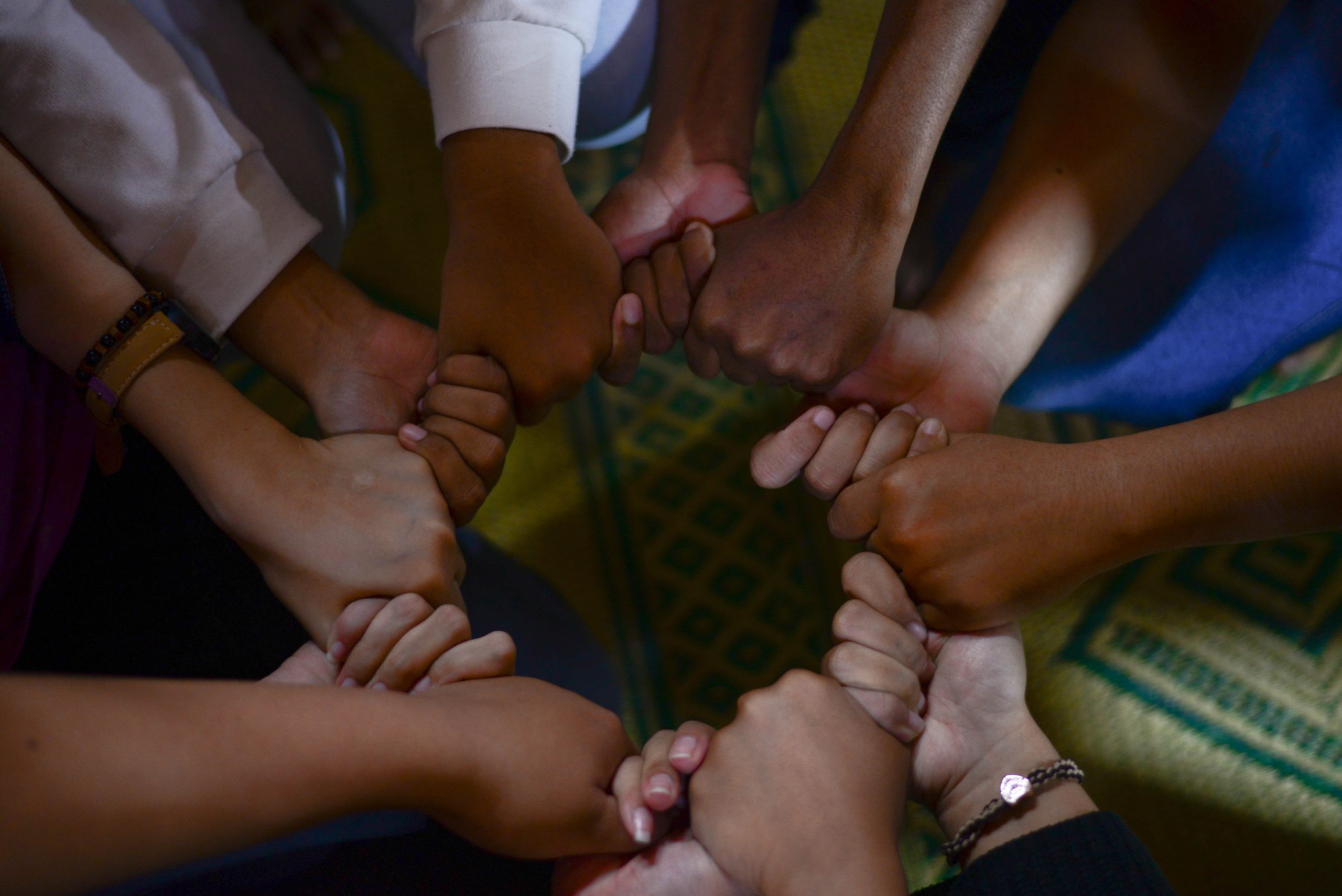Introduction
We are now in May, and COVID-19 is still here with us. While some countries seem to have experienced a peak in the number of new cases, some are in the early throes of the pandemic. We still don’t have a vaccine, and there are still speculations about the possibility of a second wave. We don’t when all of these will be behind us.
Amidst all these, it is essential to take some time to understand the realities of the world we live in and how that should shape our expectations and hopes.
The fall from Paradise
“And God saw that it was good” is a recurring theme in the first chapter of Genesis (1:10, 12, 18, 21, 25, 31). God created a perfect world, and he created perfect humans to live in a perfect Garden of Eden upon the earth. The perfection of creation was a reflection of the perfection of the one who made it. (Deuteronomy 32:4; 2 Samuel 22:12; Psalms 18:30).
Man was the capstone of God’s creation. It was his duty to work and take care of the garden (2:15). He was to be fruitful, subdue the earth, and rule over every living creature. (1:28). However, man disobeyed God’s instruction to abstain from the tree of the knowledge of good and evil.
God, in keeping with his character and his word, judged man for his sinfulness. However, the fall of man was the fall of the whole creation since the created world is where man lives out his life. God cursed the ground because of man. As Paul puts it in Romans, “the creation was subjected to frustration, not by its own choice, but by the will of the one who subjected it in hope” (8:20). In the next verse, this frustration is called the ‘bondage to decay.’
So man has to deal with two types of evil: moral evil and natural evil. Moral evils are the sins of humans and their debilitating consequences. Natural evils are earthquakes, viruses, storms, etc. The fallen man is living in a fallen creation.

The Life after the fall
As those who live after the fall, we live in a fallen world that suffers from the evil actions of man and the fallenness of creation. In this fallen world, evil and sufferings are our lots. God, as a judgment against our sin, has subjected the world to futility. A chapter after Genesis 3, we already have a murder. By Genesis 6, every thought of the heart of man was evil continually. By Genesis 11, we already have man ‘building his way to heaven in rebellion’ against God. It just went downhill from there.
The Restoration of All Things
However, though man fell into sin and brought creation down with him, God did not forsake man or creation. God, in His love and goodness, devised a plan from eternity to restore the fallen universe to himself.
This restoration will happen just as the fall occurred – first man, then creation. No wonder Paul said in Romans that ‘the creation waits in eager anticipation for the sons of God to be revealed.” He went further to explain that ‘the creation itself will be liberated from the bondage to decay and brought into the glorious freedom of the children of God.” (Romans 8:18-21)
In the same chapter where the man fell, we had the first promise of redemption – the protoevangelium. “And I will put enmity between you and the woman, and between your offspring and hers.” The whole plain of history is the working out of this promise – what we call redemptive history. Everything since Genesis 3 was set in motion by the sovereign God for the redemption of man.
By calling out Noah, he guaranteed that this redemption plan would be fulfilled. The rainbow is the sign that this world will continue until God has completed his redemptive plan. He called out Abraham from his pagan background and through him to call out a unique people for himself who will preserve the true knowledge of God in a fallen world. In shadows like the sabbath, the feasts, the priesthood, the temple, and sacrifices, he gave them a picture of the redemption that is to come (Hebrews 7, 8, 9, 10; Colossians 2). He made a covenant with them as his elect people (Exodus 19). His goal was that through them, all the nations of the earth would come to know the true God. (1 Kings 8:43)
But shadows are just that – shadows. In the fullness of time, the reality of the shadows, the antitype of the types came in Jesus Christ – the seed of Abraham (Galatians 3) and the true Israel. He came to keep the covenant that Israel could not keep and to be the one through whom all nations of the earth will come to know the true God (Isaiah 11, 40, 45, 49, Rev 5, 7). He is the true redeemer of all men. The shadow has found its reality. Through his blood that he shed on calvary, he paid the price for the redemption of the ones the Father gave to him (John 10). He was the sacrifice and the priest at the same time. (Hebrews 8, 9)
It is through his work of atonement that sinners will be forgiven. Through his blood, he inaugurated a new covenant (Luke 22:20). Through his birth, death, resurrection, and ascension, he inaugurated the kingdom of God, the eschatological hope of the OT people. (Mathew 12:28, Luke 17:20)

The Second Coming and the Consummation
By his death and resurrection, Christ has brought redemption to humanity. But the second coming of Christ will be the consummation of his redemptive work. When he comes again, he will consummate our redemption when he raises us from the grave with our resurrection bodies. (1 Corinthians 15, Philippians 3:20) He will consummate our redemption when we see him as he is, and we become like him (1 John 3:1-3). We will finally be perfected in both spirit and body.
Finally, the consummation of our redemption will give way to the consummation of creation. He will judge the world in righteousness (Acts 17:31), and cast the devil, his angels, sinners, death, and hades into hell (Revelation 19, 20). There will be no more sin.
He will then make all things new (Revelation 21:5). The new heaven and the new earth will take the place of the fallen heaven and earth. It will be the restoration of all things (Acts 3:21). As the old order of things passes away (Revelation 21:3), it will be paradise restored. God will once again dwell with man. There will be no more death or mourning or crying or pain (Rev 21:3). In that perfect universe, nothing impure will ever enter there (21:27). The triune God will be the temple and glory of that new world (21:22-23).
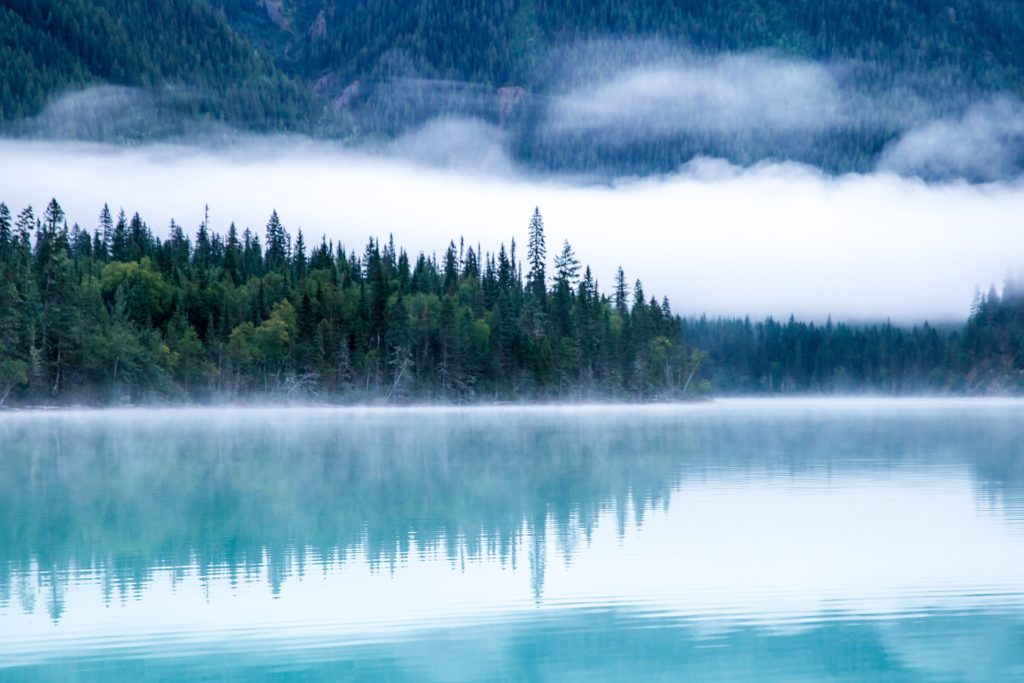
Living In-Between Paradise Lost and Paradise Restored
But here we are in 2020 plagued with COVID-19. While we know what the future holds, we are still here in the fallen creation where viruses, poverty, panic, economic collapse are realities. How do we live between the lost paradise and the restored paradise?
Gratitude for all the good we see in the fallen world
The first thing we should do is to cast our minds on all the good things we still enjoy in this fallen creation. This is one of the important themes of Solomon in Ecclesiastes. Yes, we live in a fallen world that is vanities upon vanities, but even then, we have God’s good gifts to enjoy (Ecclesiastes 2:24-26; 3:9-14; 5:18-20; 9:7) Even though God condemned our world in its sinfulness, he did not cast us away without his mercies. Also, his mercies are not only his works of redemption but also his work of preservation by which he makes this universe enjoyable.
Let’s see some examples of this:
- 1 Timothy 6:17: Command those who are rich in this present world not to be arrogant nor to put their hope in wealth, which is so uncertain, but to put their hope in God, who richly provides us with everything for our enjoyment.
- Acts 14:17: Yet he has not left himself without testimony: He has shown kindness by giving you rain from heaven and crops in their seasons; he provides you with plenty of food and fills your hearts with joy.
- James 4:17: Every good and perfect gift is from above, coming down from the Father of the heavenly lights, who does not change like shifting shadows.
- Psalms 145:16: You open your hand and satisfy the desires of every living thing.
- 1 Timothy 4:4: For everything God created is good, and nothing is to be rejected if it is received with thanksgiving
We can go on and on. However, the point is clear – God has given us many good gifts, even in this fallen creation. There are thorns and thistles, but there are also roses. There is the moral evil of hatred and selfishness, but there is also the beauty of love and sacrificial giving. Nature may be cruel upon us many times, but we also find great pleasure recreating around it. The gift of good food, work, relationships, leisure, recreation, etc. scream at us of the goodness and kindness of God. He owes us nothing. (Romans 11:35), yet in his benevolence, he has freely given us all things to enjoy.
We have two responses here. The first is to enjoy them. When some people forbid marriage and certain food, Paul called it doctrines of devils. Let’s enjoy the good gifts that God has given us in this fallen world. Second, let’s be grateful to God for these gifts. The great sin of Romans 1 is that humanity does not glorify God or give thanks to him (Romans 1:21). Paul urges us in 1 Timothy 4 that the proper response to all these gifts of God is thanksgiving (4:3, 4).
We must not focus so much on the viruses and evil of this fallen creation that we forget God’s common grace by which he still fills this fallen universe with his good gifts. So let’s enjoy them and be thankful for them.
However, we should also remember that the good we enjoy in this fallen creation is nothing compared to the good that we lost in Eden and that which God will restore in the new heavens and the new earth. When we are at the peak of enjoyment of God’s good gifts on this universe, it’s only a drop in the ocean in comparison to what God has for us (which he gives us already in Christ). The joys we get from God’s good gifts here should make us long for the eternal comforts in the presence of God (Psalms 16:11), where we will see him face to face in a world without sin.
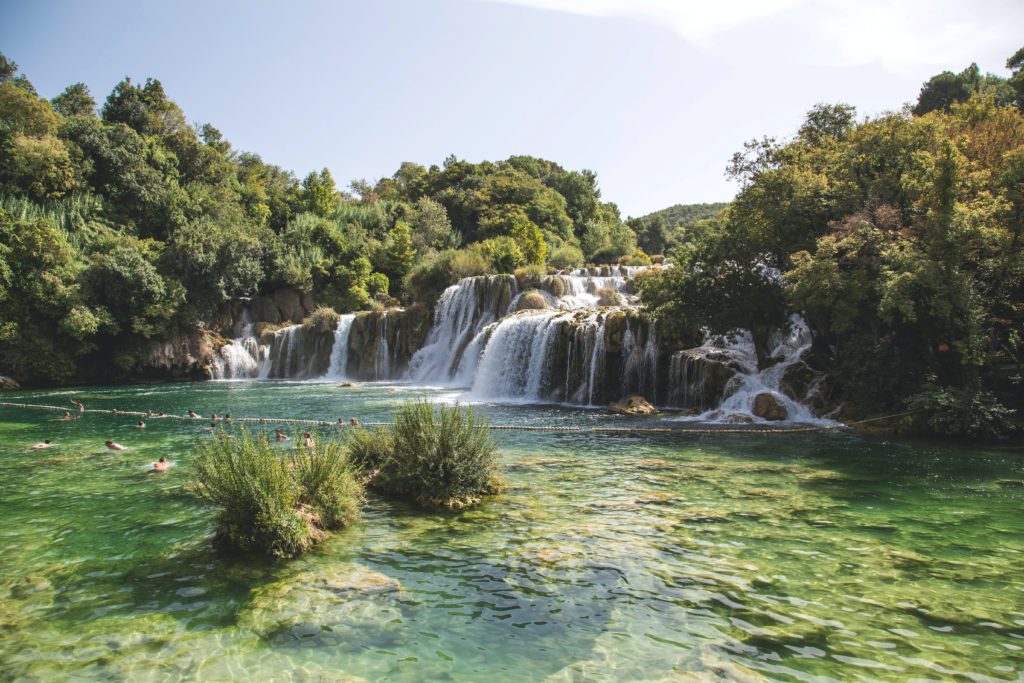
All the evil should remind us that it is not yet paradise.
Because we are sinners who live in a sinful world, we can often forget the depth of our sinfulness and the evil of sin. The evil that happens in the universe should remind us of those facts. We are terribly sinful, and sin is terribly evil. The viruses, earthquakes, hatred, totalitarianism, and panic should remind us of our sinfulness and how we brought creation down with us.
They should also remind us that the good we see is God’s gift. Sometimes we get so used to the good things of life that we forget the one who gives them. When he takes them away in judgments such as COVID-19, it should remind us not to take his graces for granted. The privilege of work, the delight of sports, the fellowship of believers, the goodness of flesh to flesh interactions may seem to us as ordinary things. But losing them like this should help remind us that they are not ‘normal’ as if ‘mother nature’ decides to shine upon us. No! It is God who provides us with every good thing to enjoy. Situations like this remind us of our debt of gratitude.
Also, situations like this remind us that we are not yet in paradise. For those of us who live in the 21st century, we can not imagine the good things God has done (and does) for us. Many of the things that are part of normal life for us were absent some decades ago. We are the ones who have access to the great products of technological advances. Life expectancy is higher as we have access to vaccines and modern health equipment. Our homes have many comforts of life. The world is now massively interconnected. We can go on and on.
We must not only enjoy these gifts, but we must also enjoy them with gratitude to God who gave them. We should let the enjoyment of them lift our hearts to the greater joys. However, we must never think that we are already in paradise. With the amount of wealth in the world, there is still widespread poverty. With higher life expectancy, there are still prevalent diseases. We still lose loved ones. Marriages still break down; people we trust betray us; we still experience painful failures. As long as we live in this fallen world, the thorns and thistles will be with us. Therefore, we must never live as if we have arrived. The 21st-century world is not paradise. No matter the developments and the improvement of life that will come in the next 100 years, it still won’t be paradise. At least COVID-19 should remind us of that.
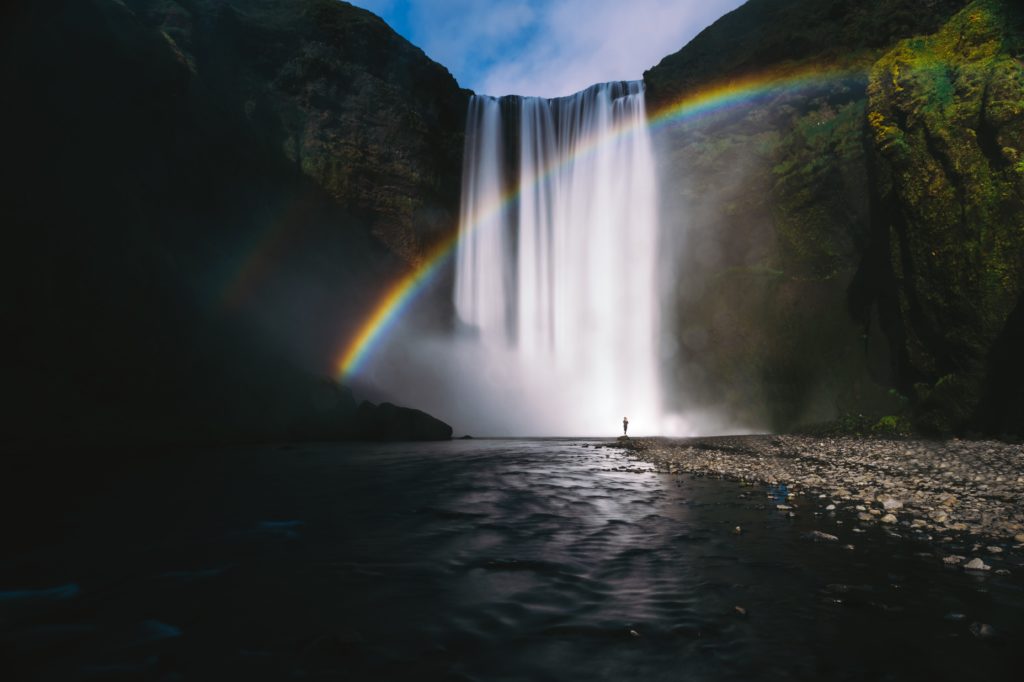
Longing for Paradise
There will be a paradise. However, it will not come with human technological advances. The rock in Daniel’s vision (Daniel 2) that became a huge mountain and filled the whole earth was cut out without hands (Daniel 2:31-35). Paradise will come when Christ comes again. Since the redemption of creation is tied to the redemption of man, only him who redeemed man will redeem the universe. All our utopian ‘paradise’ will fall short (they will also lead us to kill millions of people).
The paradise we are all longing for is a soteriological paradise. Therefore, only those who repent of their sins and put their faith in Jesus Christ (the greatest gift) will be there. Only redeemed men will live in a redeemed universe.
As we face the terror of COVID-19, let us do our best within the common grace that God gives us to put an end to this hiatus (God works through means). But let us live with the constant realization that the paradise we long for will not and cannot be the product of human hands. It is God (and him alone) that will make all things new. If you desire to be a partaker of that kingdom, you must bow your knees in surrender to the King of that kingdom.
For us who know and love this King, let’s continue to long for home. While we enjoy his good gifts here and do our best to relieve the evil and suffering around us, let’s keep our focus on our eternal inheritance and the gospel task to call all men to repentance and faith. (However, we don’t call people to Christ because of these greater gifts; we call them to Christ because Christ himself is the greatest gift and in his presence we find the greater gifts.)
Like the clouds of witnesses of Hebrews 11, let’s long “for a better country” (verse 16), admit that we are “aliens and strangers on this earth” (verse 13), look ahead to the reward (verse 26), and embrace sufferings and persecutions in view of a better resurrection (verses 32-38). As we do this, let’s know with deep confidence that he has truly prepared for us a city (Hebrews 11:16). Our hope is not a pipe dream or a false utopia. Our hope is anchored in the fact that God cannot lie. (Hebrews 6:18). Therefore, let us “take hold of the hope offered to us and be greatly encouraged.”
Even so, come Lord Jesus.
